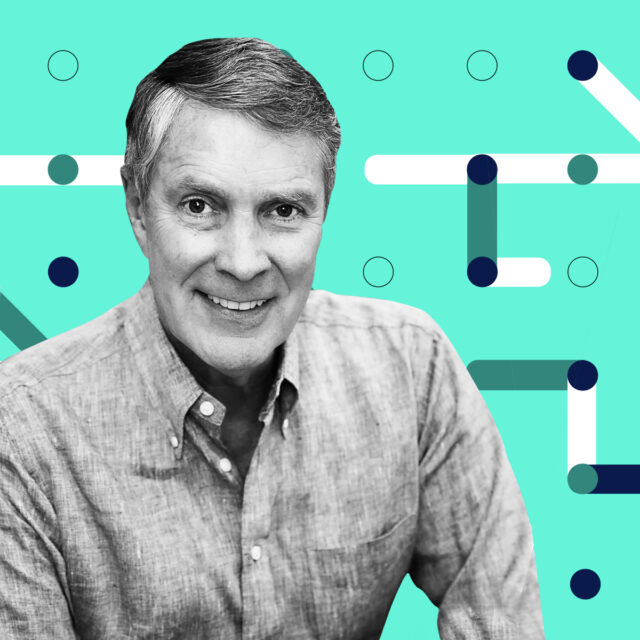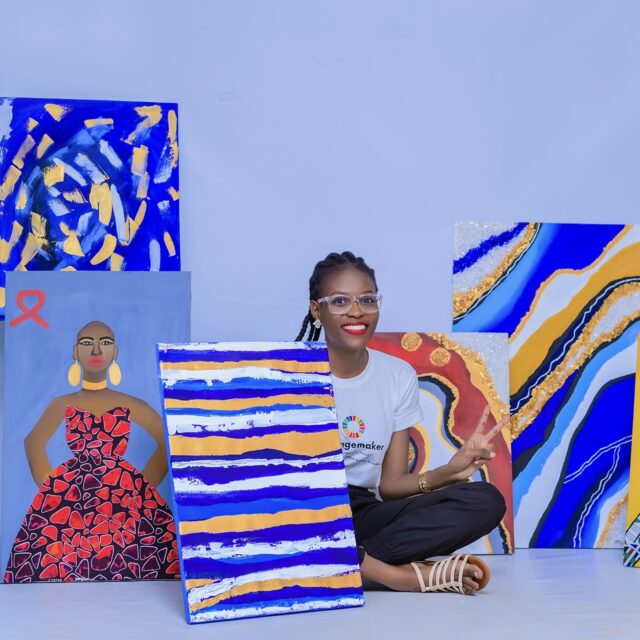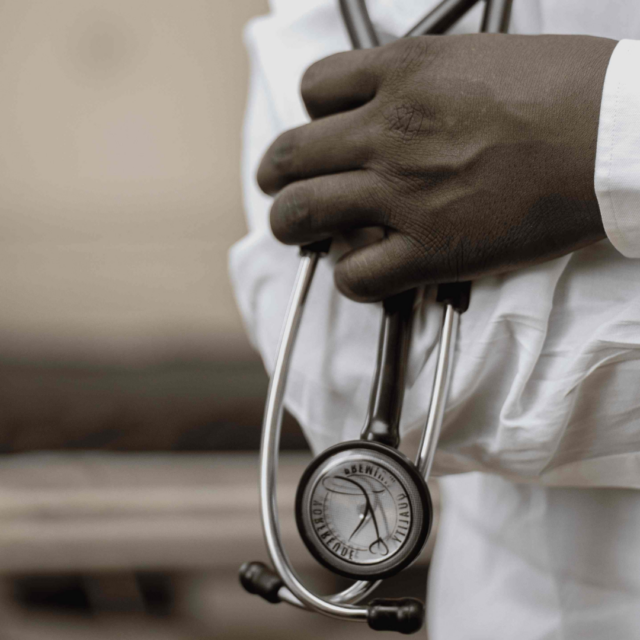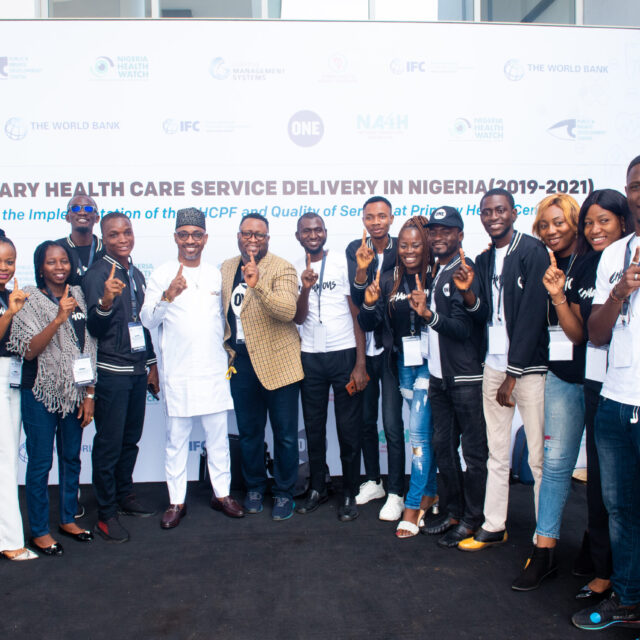Senator Bill Frist is a doctor and former US Senator from Tennessee. We interviewed Senator Frist as part of our #PassTheMic series.
Here’s some of what he had to say in the interview.
We’ve got an enemy that is a virus that knows no borders. It doesn’t need visas or passports so the universality of that enemy is global.
The challenge is that it’s a stealth virus: unlike most viruses where you’re infectious when you’re symptomatic, in this case, you may be even more contagious when you’re asymptomatic. We just don’t know yet. But if that is the case, then it comes down to having a test. You can’t fight an enemy if you don’t know who the enemy is.
The second challenge we face is that contact tracing is the only way to stop the exponential growth of this virus. It doesn’t stop its spread. However, it will allow us to stop the growth until we have a good antiviral therapy and ultimately a vaccine for it.
With contact tracing, we know from countries such as South Korea or Singapore that it is absolutely effective. So this is a call for learning from other countries.
Entrenched inequities
Millions of people are going to pay for the entrenched inequities that have existed here for years, but are now being brought into the light.
When it comes to vaccines, we don’t know yet where a successful one will be made. So this brings up questions like who would have access to those vaccines first? Or how would they be distributed?
As plans of opening up again are going on here in the US, the impact of coronavirus is almost certainly going to fall the hardest upon the people who aren’t able to protect themselves or their families. That might be due to a lack of access to healthcare, a low-income household, racial discrimination, disabilities, or lack of affordable housing. Millions of people are going to pay for the entrenched inequities that have existed here for years, but are now being brought into the light.
Meanwhile, in sub-Saharan Africa, access to adequate handwashing is scarce. We already know that lack of access to clean water is a huge killer around the world for children under the age of 5, but that inequity is now being emphasized even more.
Mini surges
When we go from global mitigation (meaning in each country, everything is shut down) to individual containment, we are likely to see mini surges of the virus appearing. That will only be stopped by either herd immunity or a vaccine. Therefore you have to have a coordinated response, such as contact tracing.
Overall though, I’m cautiously optimistic. I spent a lot of time researching viruses because I was in the middle of it as a physician for 20 years. I did heart transplants, which meant I had to immunosuppress my patients and the biggest challenge then was viruses. So I’ve been fighting this a long time.
Likewise in 2003 through my work on HIV/AIDS programs, I saw that they could have a huge impact. It required bringing people together and I think we have the opportunity to do that today.
So the thing I’m most excited about is the science in all of this. I think we will be able to develop a vaccine and we will have antiviral agents coming out soon. I don’t know if this one will necessarily be “the one,” but the end point is going to be science.
My biggest fear, however, is this lack of communication and ability to work with people and educate people that this virus knows no borders and requires cooperation, understanding, and tolerance.
These excerpts from the interview were edited for length and clarity.
Hear more from experts in our #PassTheMic campaign, where global health experts take over celebrities’ social media channels to share the data, facts, and science we need to know to end COVID-19. Follow us on Instagram, Facebook, and Twitter for more.



